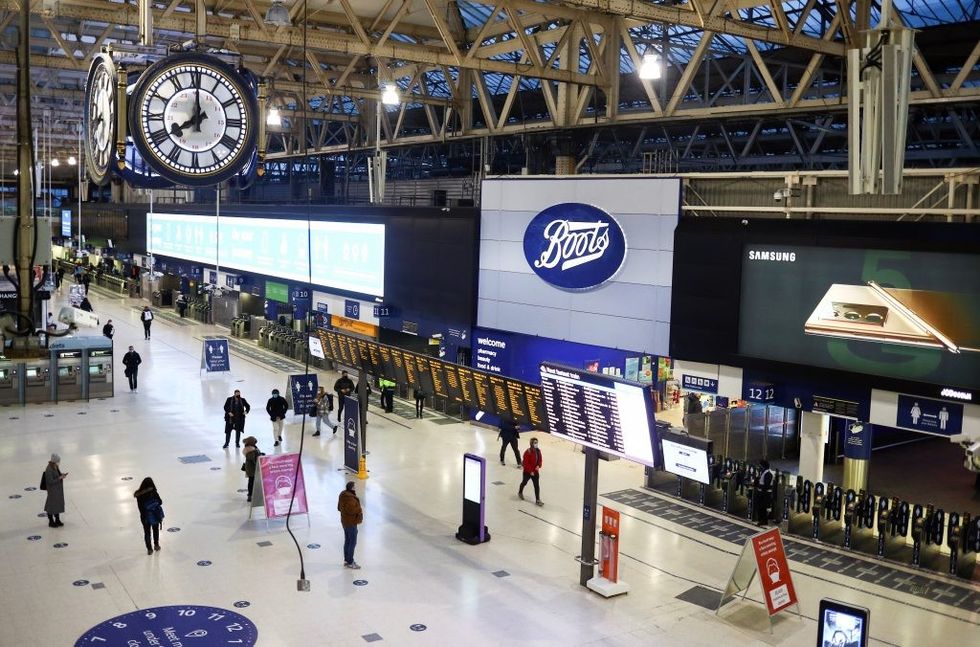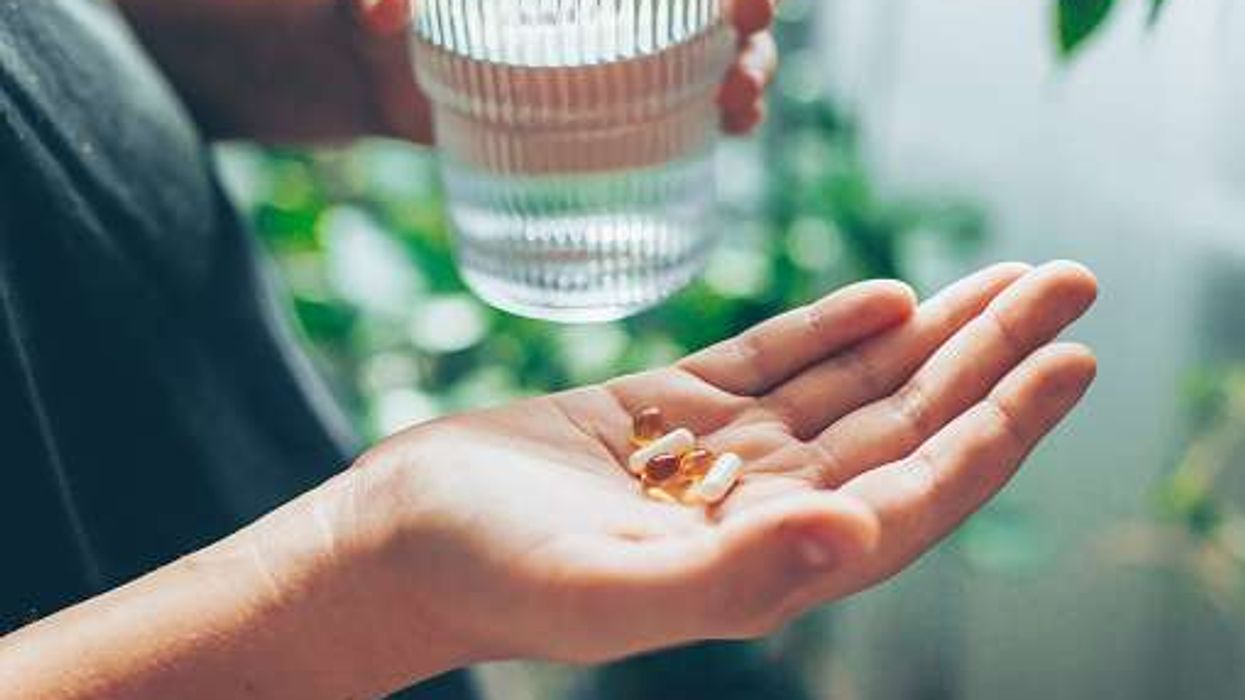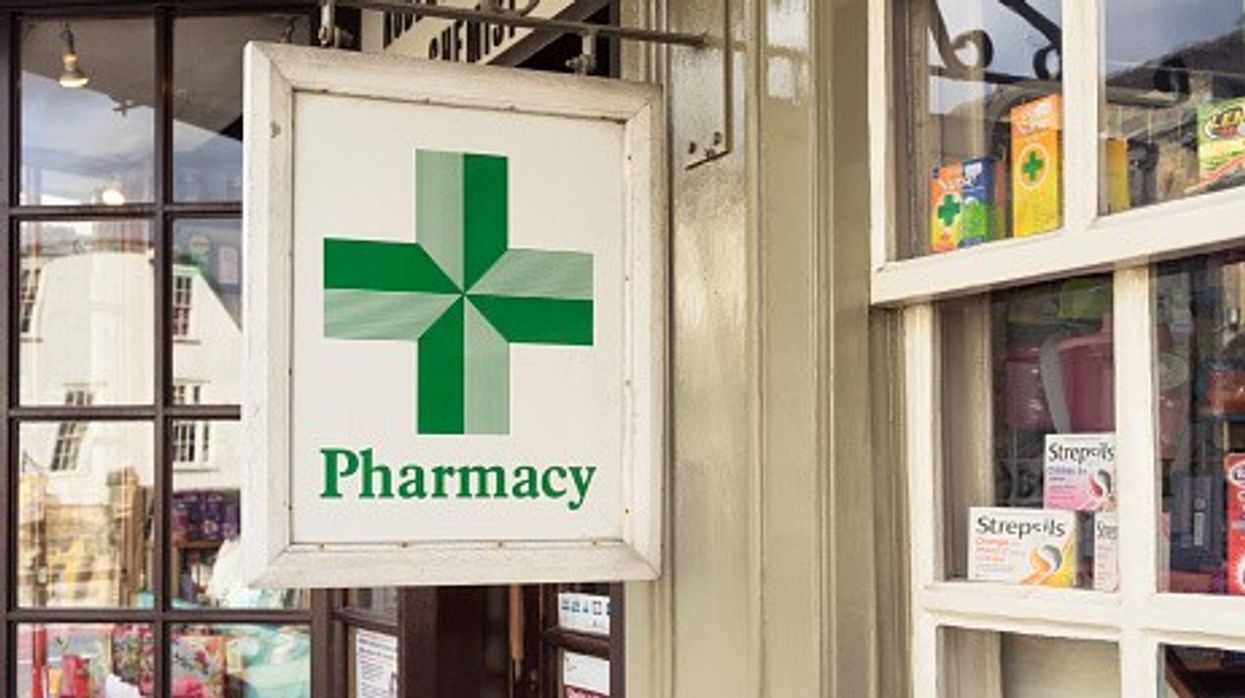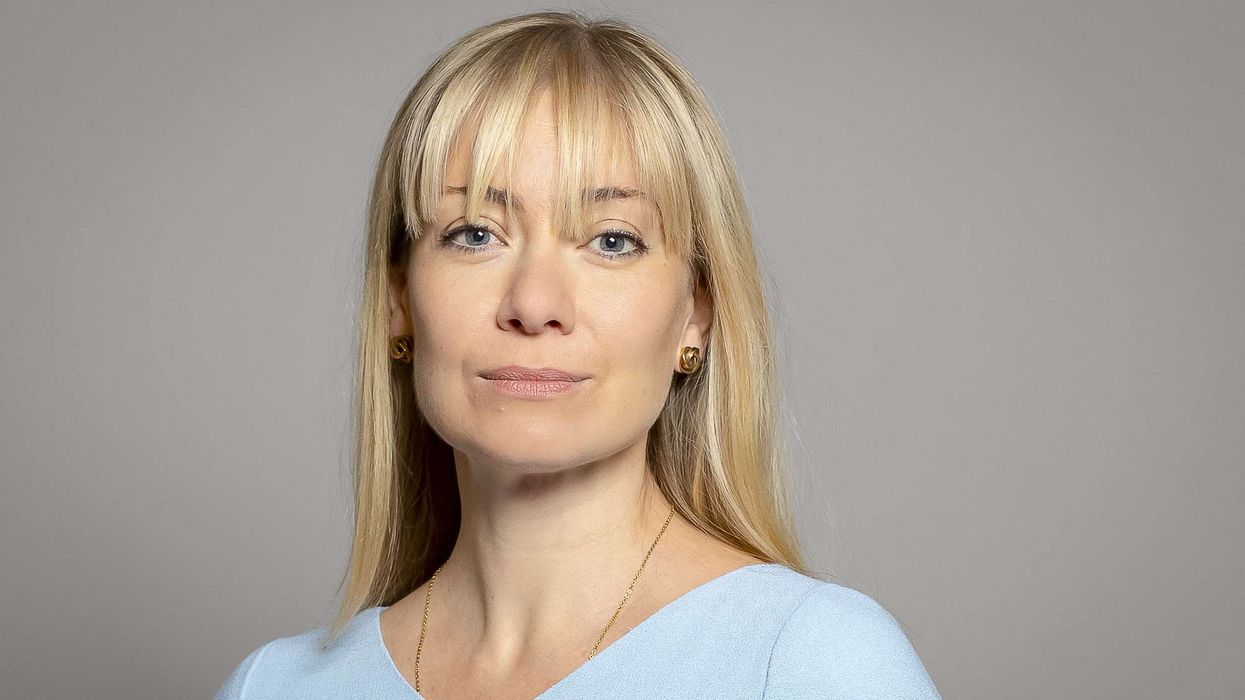Britain began its third Covid-19 lockdown on Tuesday with the government calling for one last major national effort to defeat the spread of a virus that has infected an estimated one in 50 citizens before mass vaccinations turn the tide.
Chancellor Rishi Sunak announced a new package of business grants worth £4.6 billion to help keep people in jobs and firms afloat until measures are relaxed gradually, at the earliest from mid-February but likely later.
Britain has been among the countries worst-hit by Covid-19, with the second highest death toll in Europe and an economy that suffered the sharpest contraction of any in the Group of Seven during the first wave of infections last spring.
Prime Minister Boris Johnson said the latest data showed two per cent of the population were currently infected - more than a million people in England.
“When everybody looks at the position, people understand overwhelmingly that we have no choice,” he told a news conference.
More than 1.3 million people in Britain have already received their first dose of a Covid-19 vaccination, but this is not enough to have an impact on transmission yet.
Johnson announced the new lockdown late on Monday, saying the highly contagious new coronavirus variant first identified in Britain was spreading so fast the National Health Service risked being overwhelmed within 21 days.
In England alone, some 27,000 people are in hospital with Covid, 40 per cent more than during the first peak in April, with infection numbers expected to rise further after increased socialising during the Christmas period.
Since the start of the pandemic, more than 75,000 people have died in the United Kingdom within 28 days of testing positive for coronavirus, according to official figures. The number of daily new infections passed 60,000 for the first time on Tuesday.
A Savanta-ComRes poll taken just after Johnson’s address suggested four in five adults in England supported the lockdown.
“I definitely think it was the right decision to make,” said Londoner Kaitlin Colucci, 28. “I just hope that everyone doesn’t struggle too much with having to be indoors again.”
Downing Street said Johnson had cancelled a visit to India later this month to focus on the response to the virus, and Buckingham Palace called off its traditional summer garden parties this year.
Vaccinations are key
Under the new rules in England, schools are closed to most pupils, people should work from home if possible, and all hospitality and non-essential shops are closed. Semi-autonomous executives in Scotland, Wales and Northern Ireland have imposed similar measures.

As infection rates soar across Europe, other countries are also clamping down on public life. Germany is set to extend its strict lockdown until the end of the month, and Italy will keep nationwide restrictions in place this weekend while relaxing curbs on weekdays.
Sunak’s latest package of grants adds to the eye-watering 280 billion pounds in UK government support already announced for this financial year to stave off total economic collapse.
The new lockdown is likely to cause the economy to shrink again, though not as much as during the first lockdown last spring. JP Morgan economist Allan Monks said he expected the economy to shrink by 2.5 per cent in the first quarter of 2021 - compared with almost 20 per cent in the second quarter of 2020.
To end the cycle of lockdowns, the government is pinning its hopes on vaccines. It aims to vaccinate all elderly care home residents and their carers, everyone over the age of 70, all frontline health and social care workers, and everyone who is clinically extremely vulnerable by mid-February.
But senior minister Michael Gove urged caution in terms of when that might translate into an easing of restrictions.
“We’ll be able to review the progress that we’ve made on the 15th of February... and we hope that we’ll be able to progressively lift restrictions after that, but what I can’t do is predict, nobody can predict with accuracy what we will be able to relax and when,” he said on Sky News.











